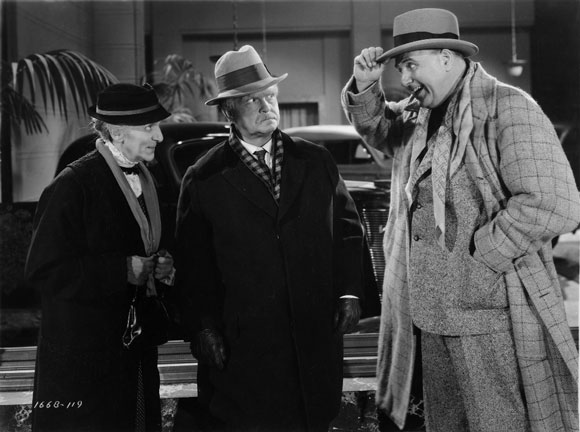 Make Way for Tomorrow
(1937)
Make Way for Tomorrow
(1937)
Below are links to reviews and further info from selected film sites. Links surrounded by a solid border lead directly to a page about this movie on that site. Links surrounded by a dashed border lead to a Google search for this exact movie title on that site. You may find it more efficient to open these links in separate browser tabs. Click Show More / All / Default to see more available links or return to the standard default selection. More (or fewer) choices of links can be selected via Options, and you can save your personal defaults (requires login).
Make Way for Tomorrow is a 1937 American drama film directed by Leo McCarey. The plot concerns an elderly couple who are forced to separate when they lose their house and none of their five children will take both parents. The film was written by Viña Delmar, from a play by Helen Leary and Noah Leary, which was in turn based on the novel The Years Are So Long by advice columnist Josephine Lawrence. McCarey believed that it was his finest film. When he accepted his Academy Award for Best Director for The Awful Truth which was released the same year, he said "Thanks, but you gave it to me for the wrong picture." In 2010, it was selected for preservation by the United States Library of Congress's National Film Registry.

